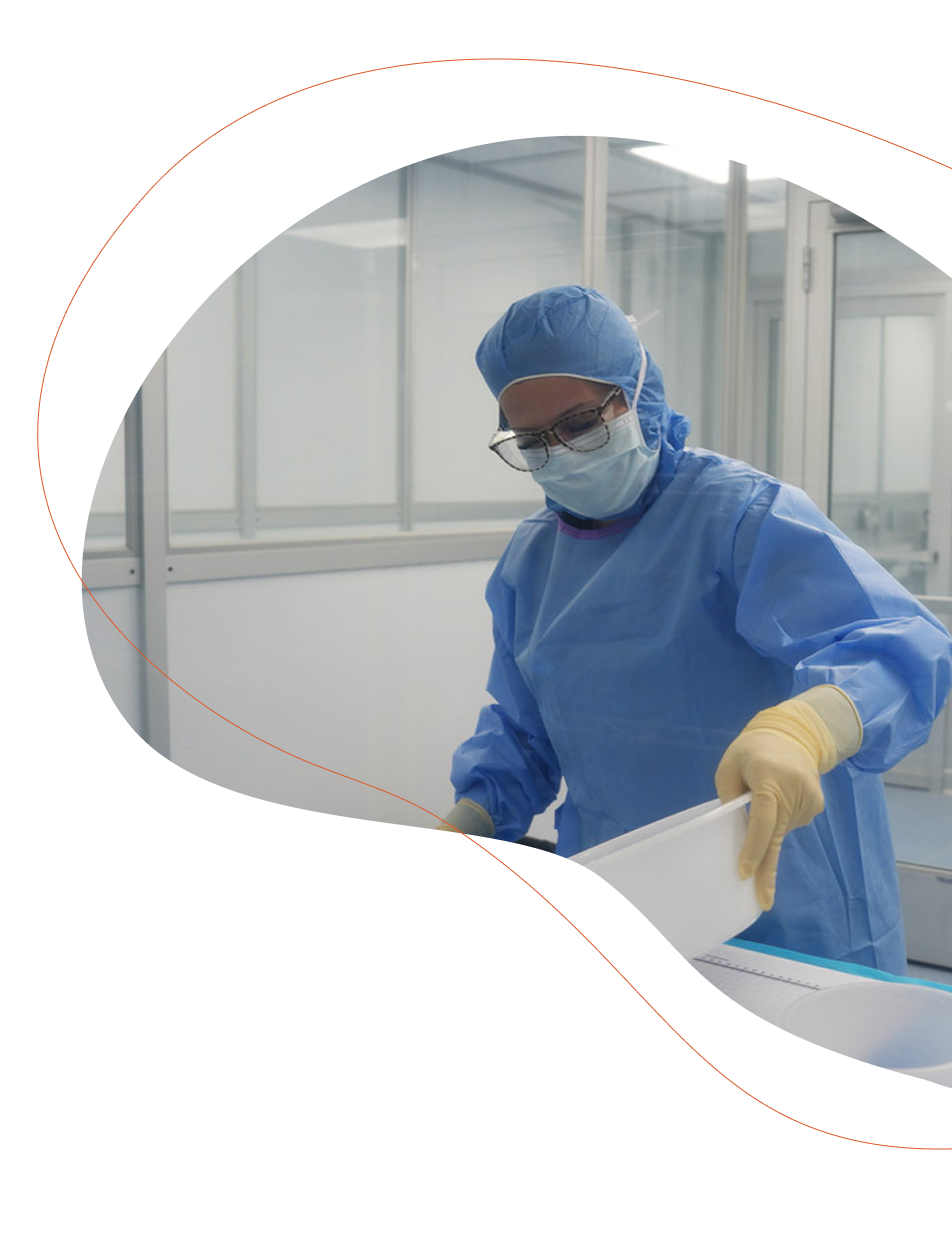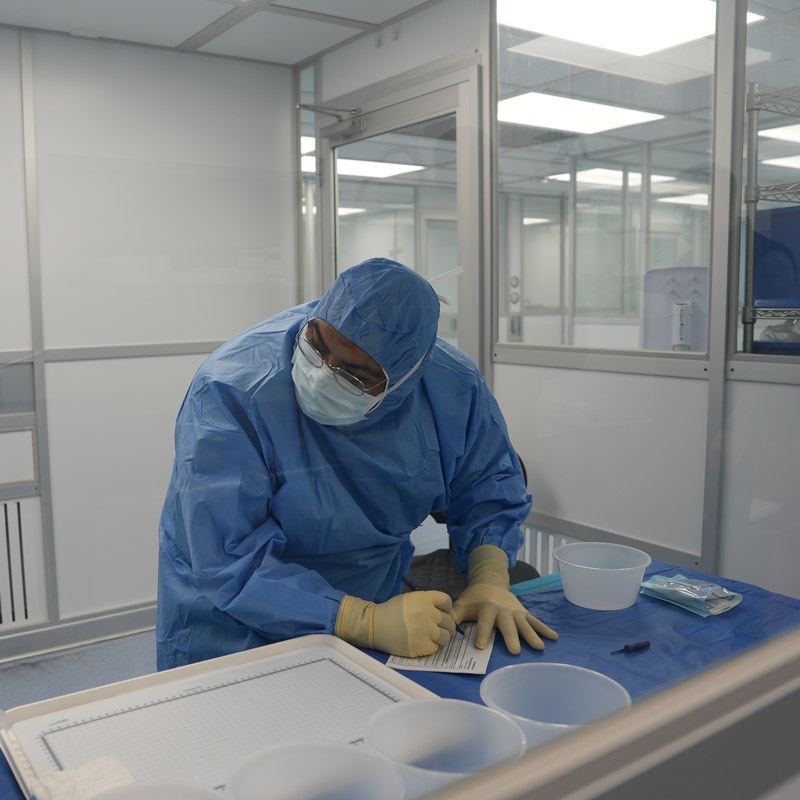Technology Platform
Research
Our Research
starts with Science
At Tiger Wound Care, every advanced biological wound care technology we offer begins with science. Our research drives the development of tissue-based technologies for wound care, ensuring that each product is rooted in a deep understanding of the biological and structural factors essential for the body’s own recovery.
Understanding
the Extracellular
Matrix (ECM)
A central focus of our work is the Extracellular Matrix (ECM), a dynamic network of proteins (including collagen, elastin, proteoglycans) that forms the structural and functional foundation of healthy tissue.
By studying the ECM’s composition and architecture, our scientists identify the factors that influence tissue integrity and support tissue repair.
This knowledge guides us in refining our products to better simulate the natural tissue environment.


Driving Continuous
Innovation
Each step in our research process is designed to translate scientific findings into tangible benefits for wound care.
We continually assess new data, refine processing techniques, and collaborate with clinical partners to ensure our solutions align with evolving healthcare needs.
In doing so, we integrate the latest science into every aspect of our advanced biological wound care technologies, always with a focus on supporting better patient outcomes.
